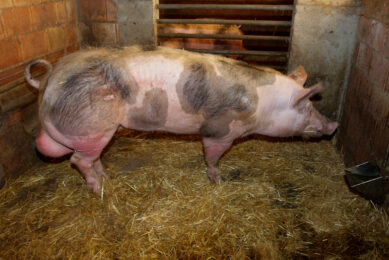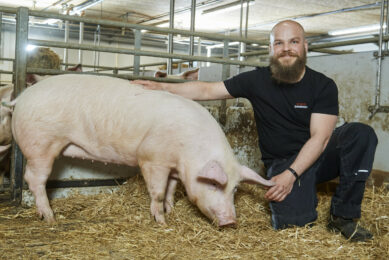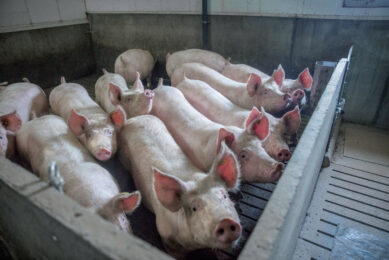Swiss study to C. perfringens in piglets
A research team of the ‘Schweineklinik der Universität Bern’ in Switzerland studied the effect of necrotic enteritis incidence on farms and the presence of Clostridium.
Necrotic enteritis (NE) of newborn piglets still represents an economical problem in Swiss pig breeding and production. The aim of this study was to identify risk factors for NE and evaluate the prevalence of C. perfringens with the toxingenes cpb and cpb2 in Swiss pig breeding farms.
Prevalence
The prevalence of theses C. perfringens was investigated using fecal swabs followed by bacteriological culturing and genotyping. Close proximity to other breeding farms and large herd sizes were shown to predispose to NE. C. perfringens type C, carrying the genes cpa, cpb and cpb2 were frequently identified in herds with acute outbreaks of NE.
Farms not affected by NE or those using prophylactic vaccination against NE were predominantly positive for C. perfringens type A strains with cpb2 and showed much lower prevalence of C. perfringens type C, compared to acutely affected herds. These results demonstrate that C. perfringens type A strains with cpb2 are not associated with NE.
According to the researchers: besides typical necropsy finding, only the identification of cpb can be used for the diagnosis of NE in affected herds.
Related websites:
• University of Bern, Schweineklinik











